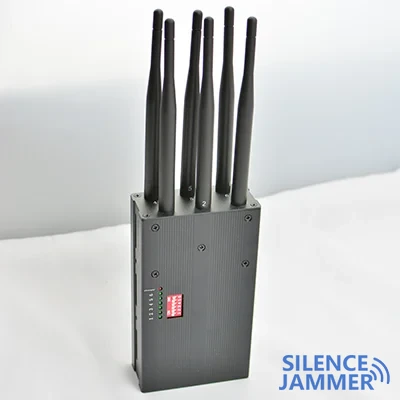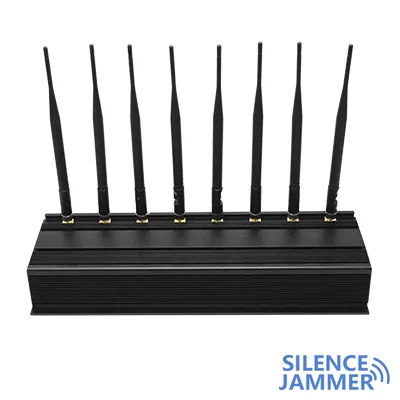From the end of this year, New South Wales (NSW) will implement a major policy that will ban students from using mobile phones in classrooms, recess and lunch time in public high schools from the fourth semester. The newly elected Labor government has fulfilled its promise to reduce students' distraction by electronic products, a move aimed at improving students' learning concentration and grades.
Premier Chris Minns said parents are generally concerned that children will be distracted by texting and using social media during class. Chris Minns pointed out that even adults have difficulty concentrating in front of mobile phones, so it is unrealistic to expect children to be self-disciplined in this regard.
To implement the ban, the government will not strictly regulate the specific way schools manage mobile phones, but recommends the use of locked bags and lockers as an alternative. Chris Minns stressed that there are many low-cost or zero-cost solutions that can simply require students to put their mobile phones in their school bags during school hours and not take them out.

This policy is not the first attempt. In fact, schools in other regions such as South Australia, Western Australia, Victoria and the Northern Territory, and even the UK have implemented similar mobile phone bans, and there is evidence that these bans have significantly improved students' academic performance. In the UK in particular, the lowest-achieving students benefited the most, with their score growth twice the average growth of the same group of students.
To further consolidate the effect of this policy, the application of mobile phone jammers has become an effective auxiliary measure. Mobile phone jammers block mobile signals in a specific area, preventing students from using their mobile phones for entertainment during school. This technical means can not only effectively reduce distractions in the classroom, but also encourage students to have more face-to-face communication between classes and develop their social skills.
Ke Minsi pointed out that the successful experience of other regions that have implemented mobile phone bans has fully demonstrated the effectiveness of this measure. In these areas, students' academic performance has generally improved, especially those who originally had lower grades, who have achieved the greatest improvement. This shows that the combination of mobile phone bans and cell phone jammer can significantly improve the quality of education and reduce educational inequality.
In general, the mobile phone ban and the application of mobile phone jammers that will be implemented in New South Wales are important measures to improve the quality of education. It can not only effectively reduce students' distractions during school, but also provide them with a more focused and orderly learning environment. I believe that with the implementation of this policy, the quality of education in New South Wales will be further improved, and students will also benefit from this distraction-free learning environment.




